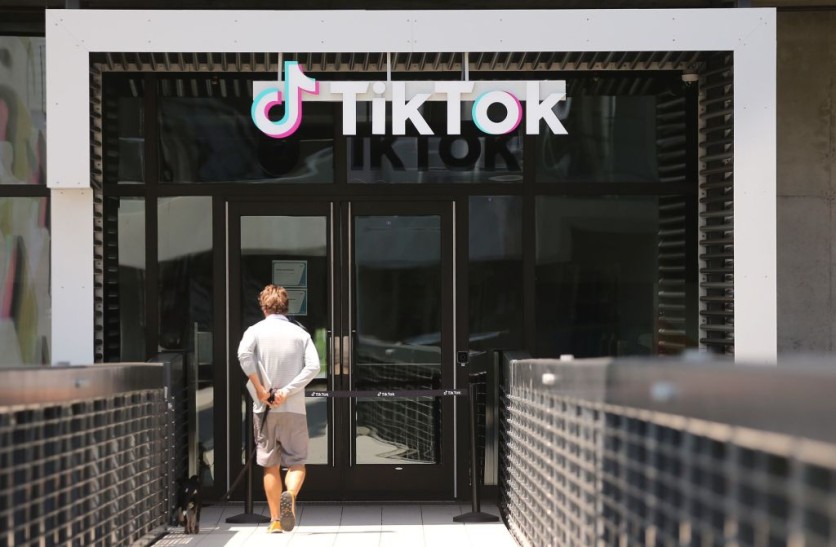
A professional voice actor is taking TikTok to the United States court. It is after the latter allegedly used her voice in a viral text-to-speech feature without her prior permission.
The said viral function broke the internet in 2020. It allows users to put customized narration created by a text-to-speech feature on their videos. Users will only need to type whichever text they want to hear, and it will be converted to a robotic and shooting voice.
Bev Standing, the voice actor suing TikTok, claimed that, in worse cases, her voice was repeatedly used to say "foul and offensive language."
Furthermore, she adds that the unauthorized use of her voice will permanently cause her "irreparable harm."
The lawsuit, first reported by The Telegraph, is claiming damages for the "emotional distress" for exploitation of her "likeness." It also mentioned "loss of the ability to control the dissemination of her likeness; and loss of the ability to control the association of her likeness."
It was filed, on May 6, in the United States District Court, Southern District of New York.
However, Standing revealed to The Insider that she learned about TikTok using her voice in late 2020. Standing, who doesn't use the said app, only found out about it when her family and friends sent her the TikTok videos.
It was only then that she acquainted herself with the said viral feature. And, surprisingly, she noticed that it was her voice based on the pitch and tone.
Moreover, she claimed to The Verge that she heard her voice on TikTok in November 2020. Interestingly, TikTok launched the said function in December that year.
How Did TikTok Get To Access Her Voice?
According to The Verge, the lawsuit did not clearly say how ByteDance, the company behind the app, got access to the voice of Standing.
But in hindsight, Standing shared in the lawsuit that, several years ago, she recorded a text-to-speech feature -- not for ByteDance -- but for a group called Institute of Acoustics. However, she reiterated that the said group did not have the authority to give out her voice to other companies.
The recording she did in the past is said to be for a Chinese translation. Coincidentally, Tiktok's parent company from China.
It is also noteworthy, that according to The Verge, a Google search could not match any Institute of Acoustics in Edenborough Scotland, that the lawsuit mentioned. It only showed results of England-based and China-based institutions.
Other TikTok Lawsuits
In another legal battle, TikTok paid $92 million to settle a lawsuit in the U.S. claiming that it collected its user's data and private information.
Also, in a more recent lawsuit, TikTok was brought to the courts of the United Kingdom, on April 20. It was after the social video application is allegedly collecting information from children's accounts.
Related Article: TikTok Adds New Feature in Q&A Section, Creators can Now Respond to Questions Via Text or Videos
This article is owned by Tech Times
Written by Teejay Boris
ⓒ 2025 TECHTIMES.com All rights reserved. Do not reproduce without permission.




